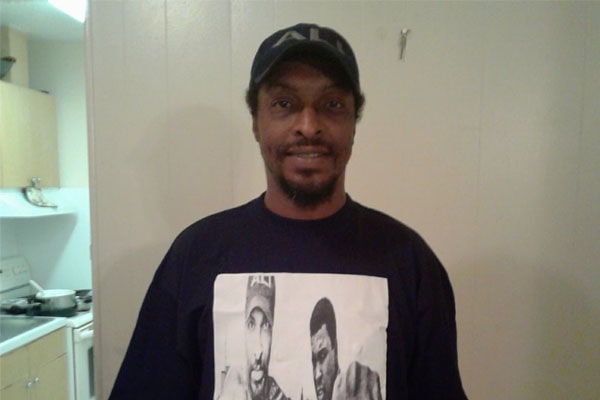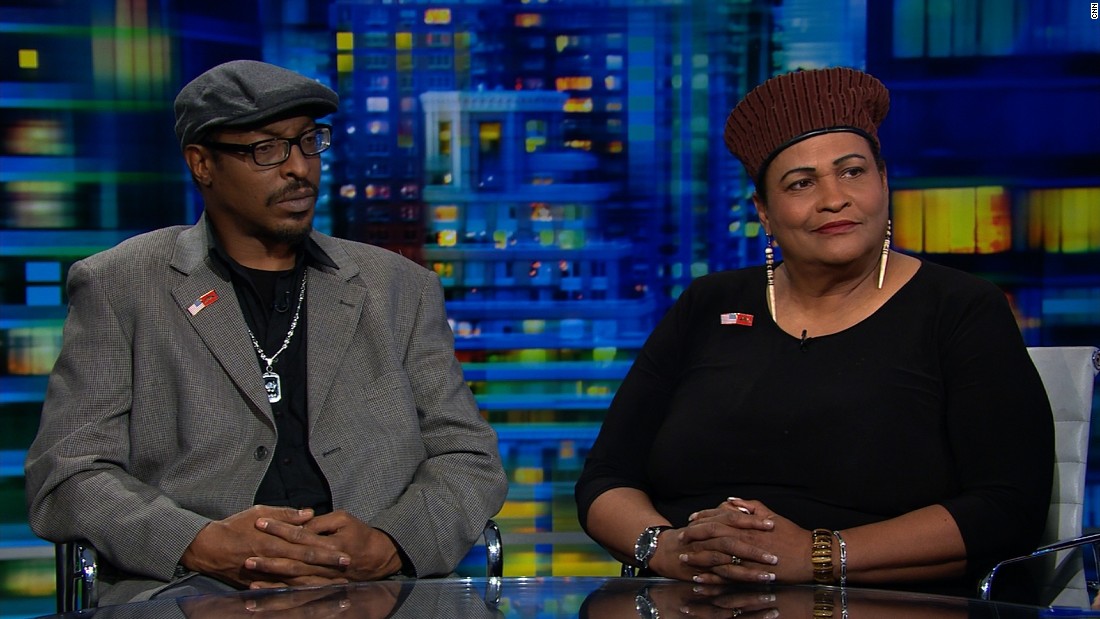


Bob, thanks for joining me.īOB SIMONS: Brian, thank you so much. Bob Simons’ research focuses on the relationship between business strategy, organization design and management control systems, and he created a course in the MBA program called “Changing the World,” and that’s what we’re going to talk about today. I’m your host Brian Kenny and you’re listening to Cold Call on the HBR Podcast Network.

Today on Cold Call, we’ve invited Professor Robert Simons to discuss the case entitled, Muhammad Ali: Changing the World. So, today we explore what the answers could be in a case about the greatest, Muhammad Ali. Is it all about medals and banners unfurled, or does greatness entail changing the world? One thing I think we’re sure to find is that everybody has in mind an opinion about who is the greatest, but the truth is much more complicated. Harvard Business School professor Robert Simons discusses how Ali made decisions throughout his life and career to leave a lasting impact on the world in his case, “ Muhammad Ali: Changing the World.”īRIAN KENNY: Today we discuss what it means to be great, and what greatness means is an age-old debate. as a gold medalist, Ali used his growing fame to bring attention to racial justice and humanitarian causes he supported, including his then-controversial decision to refuse to fight in the Vietnam War. Rather than letting his fear of flying keep him from competing in the 1960 Olympics, he traveled to Italy wearing a parachute - and easily won the gold medal in boxing.

How did he do it?Įarly in his career, Ali’s creativity and hard work helped him overcome significant obstacles. Muhammad Ali, born Cassius Marcellus Clay Jr, rose from a poor family in segregated Louisville, Kentucky to international fame, winning three heavyweight boxing titles and becoming a civil rights leader and role model for millions of people around the world.


 0 kommentar(er)
0 kommentar(er)
